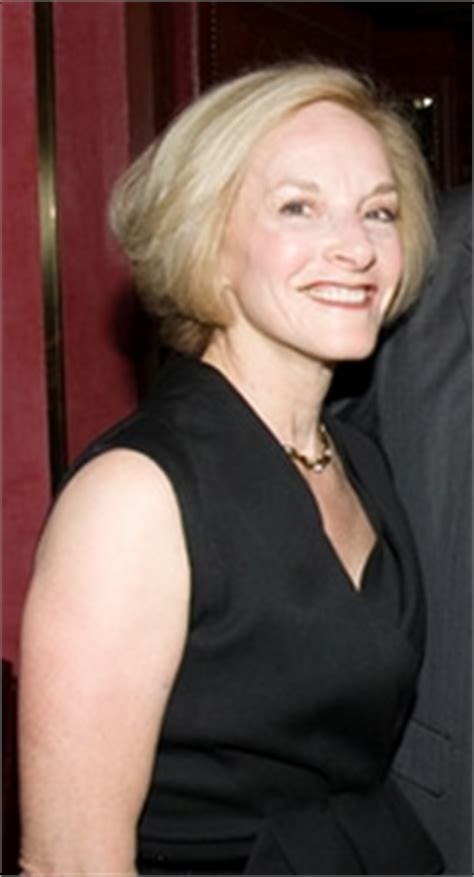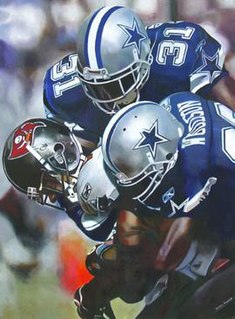A Quote by Stephen King
Clear communication between selves - the surface self and the deep self - is the enemy of self-doubt. It slays confusion.
Quote Topics
Related Quotes
Happiness is your real nature. You identify with yourself with the body and mind, feel it's limitations, and suffer. Realize your true self in order to open the store of happiness. That true self is the reality, the Supreme Truth, which is the self of all the world you now see, the self of all the selves, the One real, the Supreme, the Eternal self - as distinct from the ego or the bodily idea for the self.

































